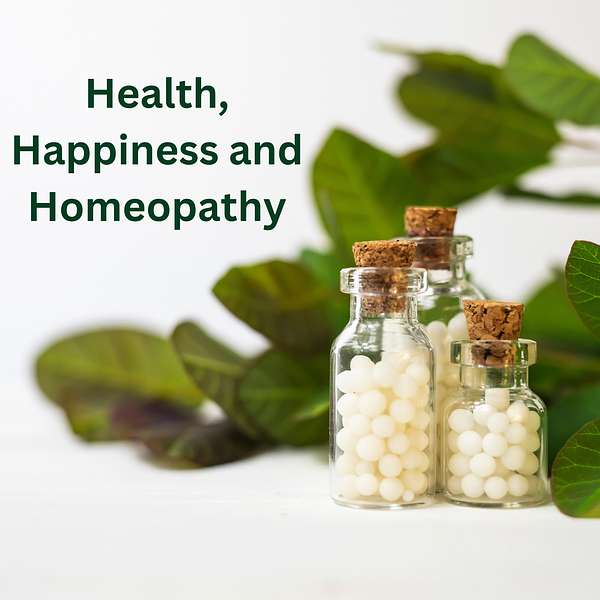
Health, Happiness and Homeopathy
Health, Happiness and Homeopathy is about empowering you with natural and holistic ways to improve your health and those under your care, including our wonderful four legged friends and companions.
With knowledge comes power. This gives you the ability to discern what practices and choices serve you for your greatest good and the ability to choose your health professional wisely.
As a practicing homeopath, there will always be a homeopathic ‘flavour’ in terms of health care. However, other important areas include lifestyle, dietary choices and an aspect of spirituality to round off your ultimate health and happiness.
Health, Happiness and Homeopathy
Avoidance Has Become Obsessive
In real healing, you have to understand who the patient is. It’s no good prescribing anything until you have some idea of that.
In homeopathy, we consider there are 3 - 10 very broad character differences, depending on which school of thought you follow. This is based on how you react to stress. Usually it’s set up in childhood. You could say it’s a survival strategy.
Of course everyone is a mixture of them all, but one invariably stands out over and above the others.
So these differences vary from struggle all the way to despair, with huge variations in between.
In struggle, there is hope. There’s a feeling that if you keep trying, you’ll get there. A great way to look at this is imagining you’re driving alone on a deserted road, a long way from anywhere.
Suddenly, a tyre blows. You have no idea how to change a tyre (and you’re out of range of any phone towers). But there is a manual and you have seen others change tyres. You feel you’ll be able to change the tyre, even if it takes you a long time.
You’re optimistic.
Now let’s look at the other extreme.
You sit at the wheel of the car in utter despair.
“How could this happen to me?”
“I don’t know the first things about cars.”
Eventually you get out and have a look at the situation. There is no manual. It’s long gone. You peer in the boot. There’s no spare tyre or even tools.
You kick the tyre and swear.
You feel desperate.
After a while, the reality dawns on you. Few cars drive on this road. You feel hopeless. You feel totally isolated, alone in the world. No one knows you’re here.
You’re pessimistic. You dig out a bottle of spirits and drink yourself into oblivion.
In the middle of these two extremes is one of avoidance. And that’s the topic of today.
One of the things we humans are very good at is avoidance.
We avoid unwanted thoughts.
We avoid unwanted situations.
We suppress unwanted physical symptoms.
The current medical system is all about suppression and avoidance. Whether the medical system bowed to our demand, or created and sold the idea to us, is a chicken and egg situation. Maybe it doesn’t matter.
However, what DOES matter is that we keep buying into this idea.
Avoiding something doesn’t mean it goes away. Usually the opposite. It grows stronger. And as it grows stronger, we develop more symptoms.
Let’s start with the unwanted thoughts.
Our society, family, religion, culture, etc likes to tell us what to think. We shouldn’t be sad. We shouldn’t be this or that. And often, there is merit in this advice. We need a society structure to be able to live in reasonable harmony.
But so much of this advice doesn’t consider the individual and why they are like they are.
Thoughts can’t just be turned off.
One of the best pieces of advice I ever had was from a meditation teacher. He said that our thoughts need to be heard. They need to express themselves. As if they were a real person.
But you don’t have to engage with them either way. You don’t have to get in a discussion with them, argue with them or avoid them, shut them out. Just allow them and get on with your day.
Periodically, they’ll quieten down, then suddenly emerge again. You can greet them. Give them a name. “Oh hello Annie, you’re back.” Then carry on with your day.
At the time, I had something important that worried me. Nothing earth shattering.
After a couple of days of doing this, I suddenly felt as if a great weight had been lifted from my shoulders. I felt free a